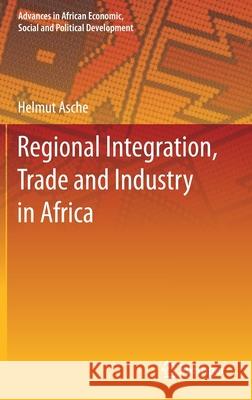Regional Integration, Trade and Industry in Africa » książka
topmenu
Regional Integration, Trade and Industry in Africa
ISBN-13: 9783030753658 / Angielski / Twarda / 2021 / 292 str.
Regional Integration, Trade and Industry in Africa
ISBN-13: 9783030753658 / Angielski / Twarda / 2021 / 292 str.
cena 442,79
(netto: 421,70 VAT: 5%)
Najniższa cena z 30 dni: 424,07
(netto: 421,70 VAT: 5%)
Najniższa cena z 30 dni: 424,07
Termin realizacji zamówienia:
ok. 22 dni roboczych.
ok. 22 dni roboczych.
Darmowa dostawa!
Kategorie:
Kategorie BISAC:
Wydawca:
Springer
Seria wydawnicza:
Język:
Angielski
ISBN-13:
9783030753658
Rok wydania:
2021
Wydanie:
2021
Numer serii:
000469941
Ilość stron:
292
Waga:
0.62 kg
Wymiary:
23.39 x 15.6 x 1.91
Oprawa:
Twarda
Wolumenów:
01
Dodatkowe informacje:
Wydanie ilustrowane











